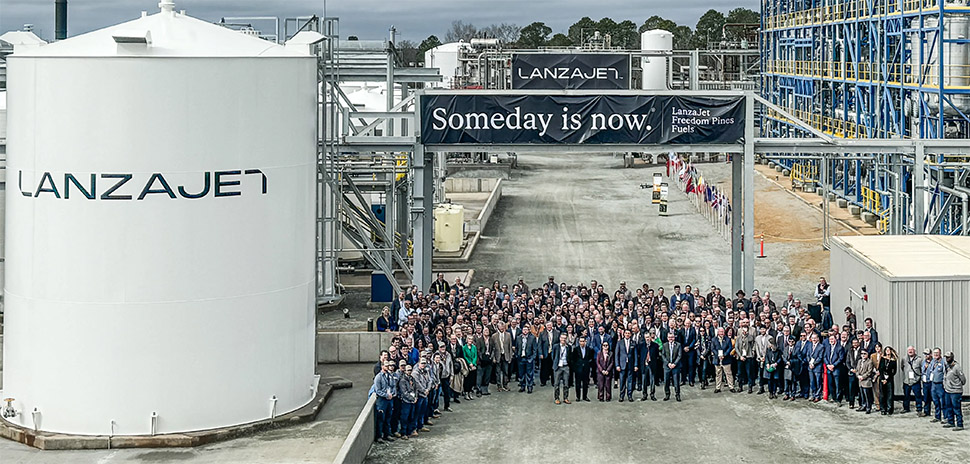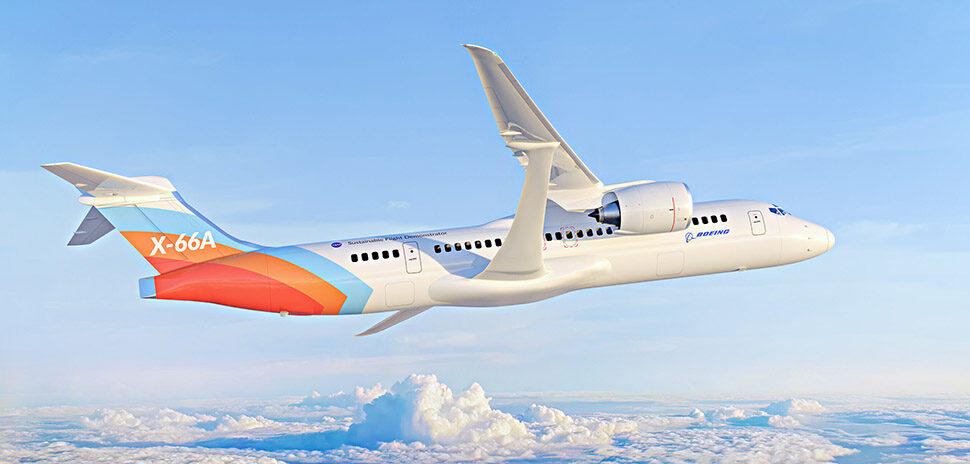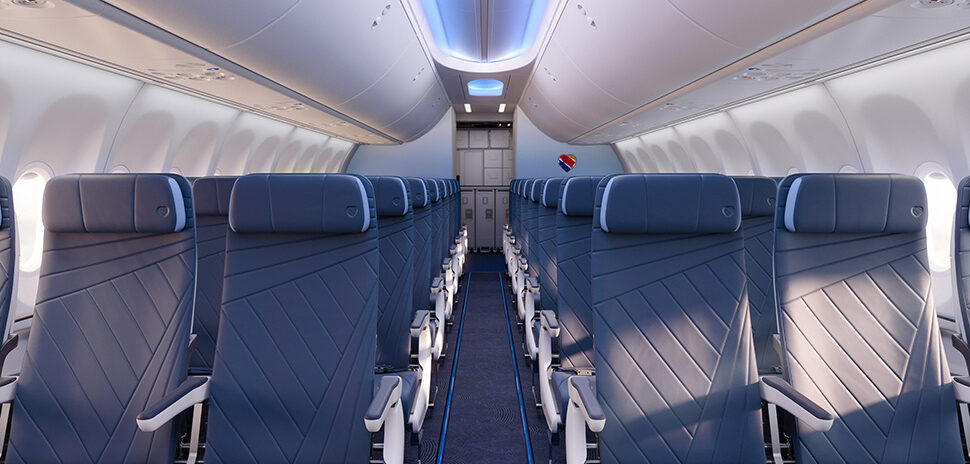Dallas-based discount airline Southwest Airlines Co. has launched Southwest Airlines Renewable Ventures (SARV), a wholly-owned subsidiary dedicated to creating more opportunities for Southwest to obtain scalable sustainable aviation fuel (SAF).
Southwest said that sustainable aviation fuel is a critical component in its goal to replace 10% of its total jet fuel consumption with SAF by 2030.
As part of its SARV investment portfolio, Southwest also announced a $30 million investment in LanzaJet Inc., a SAF technology provider and producer with a patented ethanol-to-SAF technology and the world’s first ethanol-to-SAF commercial plant.
“Our launch of SARV and our investment in LanzaJet demonstrate that we aren’t sitting on the sidelines. Rather, we’re in the game by taking proactive, disciplined steps toward securing affordable SAF for Southwest, as we continue to march toward our goal of net zero by 2050,” Southwest President and CEO Bob Jordan said in a statement. “We look forward to working with companies and organizations developing important technology, like LanzaJet, which could help us meet our SAF goals.”
Southwest said it will continue to work with SAF producers to enter into SAF offtake agreements, while SARV will focus on managing Southwest’s SAF-related investments, including its previously announced equity investment in SAFFiRE Renewables (SAFFiRE).
Sustainable aviation fuel through agriculture
The airline said that SAFFiRE has been working with the U.S. Department of Energy’s National Renewable Energy Laboratory and has a license agreement and certain exclusivity rights to this technology for the production of cellulosic ethanol. That technology is important in converting corn stover, a widely available agricultural residue feedstock in the U.S., to cellulosic ethanol that can then be converted to SAF using LanzaJet’s technology.
As part of its agreement with Southwest, LanzaJet intends to build an ethanol-to-SAF facility to produce SAF primarily for Southwest. That facility includes capabilities to convert SAFFiRE’s cellulosic ethanol into SAF, which can produce greater quantities of SAF from SAFFiRE ethanol over time.
“SARV’s goal is to help scale SAF through strategic investments, better positioning Southwest to have access to high quality, affordable SAF in accordance with the robust standards of Southwest’s SAF policy,” Tom Nealon, president of SARV and CEO of SAFFiRE, said in a statement. “Through SARV’s investment in LanzaJet, we’re also entering the next phase in the commercialization of SAFFiRE technology, which is designed to support the production of cellulosic ethanol that can be converted to SAF.”
“LanzaJet’s ethanol-to-SAF technology represents the next generation of sustainable aviation fuel and will transform global aviation’s ability to meet its 2050 net zero targets. We’re proud to be working with Southwest Airlines to build out this industry as well as working with SAFFiRE Renewables to use ethanol made right here in the U.S.,” said Jimmy Samartzis, CEO of LanzaJet. “Southwest’s equity investment in LanzaJet will help us continue to grow and scale to meet the demands of the aviation industry, while unlocking the significant potential of the U.S. biofuels industry to benefit local communities and support the agriculture industry.”
Southwest said that securing more SAF is a key part of its Nonstop to Net Zero plan, which outlines the carrier’s approach toward sustainability through the strategic pillars of carbon, circularity1, and collaboration to achieve a goal of net zero carbon emissions by 2050.
![]()
Get on the list.
Dallas Innovates, every day.
Sign up to keep your eye on what’s new and next in Dallas-Fort Worth, every day.






























